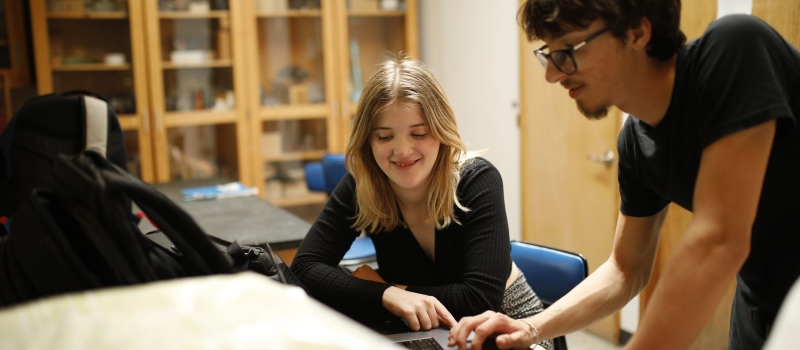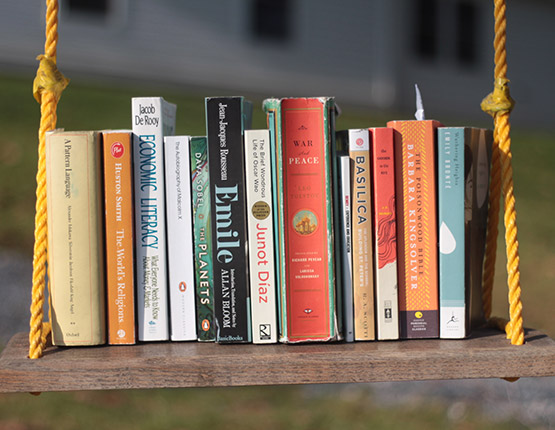Overview
ostering creativity and artistic growth lies at the heart of the Buxton experience. As a progressive preparatory school, our small classes, accessible teachers, and a 4:1 student-to-faculty ratio create an environment where students explore both traditional and unconventional subjects, including college-level electives. We strive to present curriculum in ways that are exciting, eye-opening and inclusive. Classes are discussion-based with teachers teaching to their passions – not mandates.
At Buxton, students can choose from both traditional and nontraditional areas of study, including electives of the type not typically seen until college.
Our individual course programs are designed with the student in mind and answer the question: what do they want and need – both in the classroom and outside of it?
We do not offer ‘honors’ or ‘advanced placement’ classes in the traditional sense and we don’t teach to test scores. Instead, we honor our mission to know and value each student as an individual and to help them grow as student, thinker, artist and citizen.
Buxton students live their education and because of this, they are passionate thinkers, learners and doers.
Grading

Grading at Buxton is like most everything else at the school: not exactly status quo. Three times a year, students receive written reports from each teacher, conduct their own self-evaluation, and then have a conference with a director to discuss the findings.
Our experience has shown us that this unique combination of written and verbal evaluation is more thorough, subtle, effective, humane and meaningful than letter grades. Buxton teachers are encouraged to give very specific encouragement, advice and instruction to communicate precisely how students are performing and, if necessary, how they can improve.
For college admissions purposes, we do generate a graded report card beginning at the end of junior year. But because our evaluative process is so thorough, students and parents are very unlikely to be surprised by the letter grades.
Explore the curriculum to discover course offerings in the Arts, Drama, English, Foreign Languages, History and Social Sciences, Mathematics, Music and Sciences, as well as information about our Winter Term classes.

Graduation Requirements
Sixteen credits are required for graduation, which include 4 years of English and a year of American history. Students are also counseled to complete a minimum of 3 years of mathematics, 2 years of social science, 2 years of laboratory science, and a minimum of 3 years of a foreign language. In addition, students are strongly encouraged to pursue courses in the arts.











